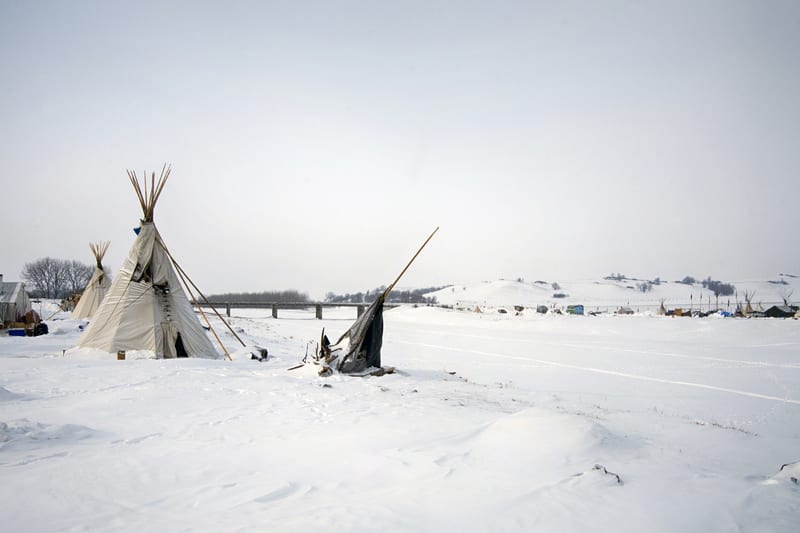In order to be valid under North Dakota law, a will must be:
- In writing;
- Signed by the testator or in the testator’s name;
- Either signed by at least two witnesses OR acknowledged by the testator in front of a notary or other individual authorized by law to take acknowledgements.
The requirements to execute a valid will under North Dakota law can be found at N.D. Cent. Code § 30.1-08-02.
Who Can Make a Valid Will Under North Dakota Law?
Any adult who is of sound mind may make a valid will under North Dakota law. N.D. Cent. Code § 30.1-08-01.
To be of sound mind to make a will, a testator must have the strength and clearness of mind to understand the:
- Extent and character of the property involved
- Names and identities of the beneficiaries
- Appreciate the character of the act
A North Dakota Will Must Be Signed
A will must be “signed by the testator or in the testator’s name by some other individual in the testator’s conscious presence and by the testator’s direction” in order to be valid under North Dakota law.
The preferred method of will execution is for the testator to sign the will him or herself. If the testator is unable physically to sign the will, it is permitted under North Dakota law for the testator to direct another person to sign the will for the testator. The testator must direct the person to sign the will, and the signing must be done in the conscious presence of the testator in order for the will to be considered valid under North Dakota law.
A North Dakota Will Can Be Witnessed Or Notarized
North Dakota law is one of the few states that does not absolutely require two witnesses to make a valid will. Instead, a North Dakota will must EITHER be signed:
- By at least two individuals, each of whom signed within a reasonable time after witnessing either the signing of the will or the testator’s acknowledgment of that signature or acknowledgment of the will; OR
- Acknowledged by the testator before a notary public or other individual authorized by law to take acknowledgments.
N.D. Cent. Code § 30.1-08-02. A will that is not witnessed by two witnesses can still be valid if the testator acknowledges the will before a notary. The most common, and preferred, method of executing a will is with two witnesses. As a general rule of thumb, the more people who can attest to the will’s proper execution and validity, the better the odds of the will being upheld in the event of probate litigation.
Who Can Witness a Will In North Dakota?
If a will is witnessed, North Dakota law allows any person generally competent to be a witness to act as a witness to a will. N.D. Cent. Code § 30.1-08-05. A will or any provision thereof is not invalid because the will is signed by an interested witness.
Self-Proved Will Under North Dakota Law
A will that is executed with attesting witnesses may be simultaneously executed, attested by the witnesses, and made self-proved by acknowledgement of the will by the testator and affidavits of the witnesses. A self-proved will speeds up the probate process because the will can be admitted to probate without the witnesses testifying about its execution. N.D. Cent. Code § 30.1-08-04 contains form language to make a will self-proved, and should be substantially followed.
Working with a North Dakota probate attorney is the best way to make sure you have created a valid will that carries out your last wishes.








